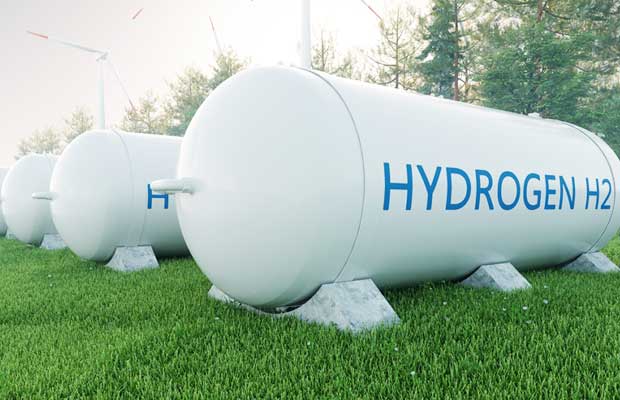The European Union is eyeing the potential of Africa’s yet-to-be-developed green hydrogen industry, deepening climate and energy partnerships in the process, as evidenced by the recently inked $34 billion deal for a giant green hydrogen project in Mauritania.
After a recent rush on Africa’s natural gas resources following the Russia-Ukraine war flare up in March 2022, Europe also picked the continent as an alternative supply market for natural gas. As part of a charm offensive, the European energy ministers and other political leaders toured North African countries and gas initiatives in both East and West Africa received renewed support.
Now, Europe is increasingly focusing on what appears to be an early race to build up clean energy resources, part of a major, continued transition away from fossil fuels. The EU and its individual member countries and companies have begun making massive commitments to green hydrogen and other forms of green energy in Africa, including provisions for exports from the continent to serve Europe’s domestic needs.
For example, earlier this month, an international consortium made up of German project developer Conjuncta, the UAE renewable energy giant MASDAR, and Egyptian technology provider Infinity, signed a memorandum of understanding with the Mauritanian Ministry of Petroleum, Mines and Energy in a deal to produce up to 8 million tons of green hydrogen annually for the international market.
The European Union Commission and European Investment Bank (EIB) have also signed strategic partnerships with Kenya and Morocco for multi-million-dollar green hydrogen investments.
These and other looming partnerships are increasingly being documented in different reports, including “Africa’s Extraordinary Green Hydrogen Potential” report published by the EIB in 2022, which shows massive potential for green gas in Mauritania, Morocco, Southern Africa, and Egypt, highlighting the EU’s confidence in Africa’s green energy resources.
The study, confirming €1 trillion Africa extraordinary green hydrogen potential, says harnessing Africa’s solar energy to produce 50 million tons of green hydrogen a year by 2035 can help secure global energy supply, create jobs, decarbonize heavy industry, enhance global competitiveness and transform access to clean water and sustainable energy.

